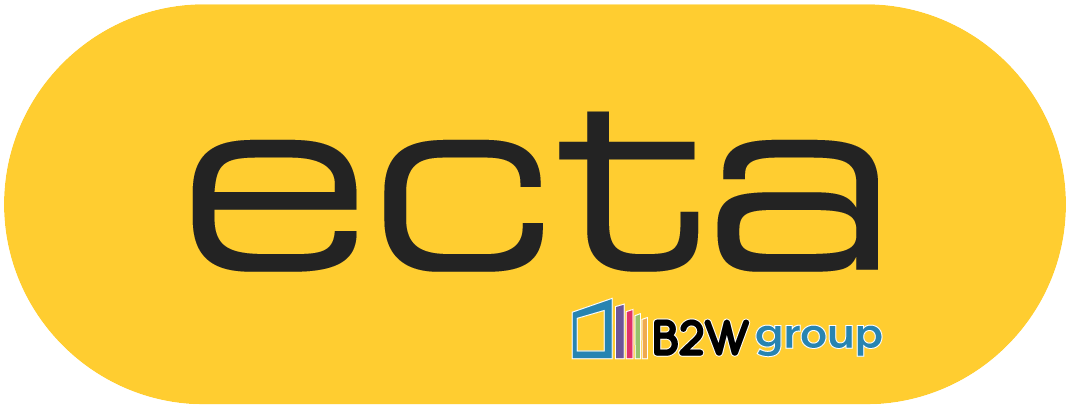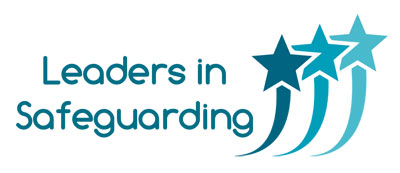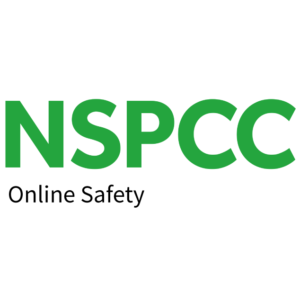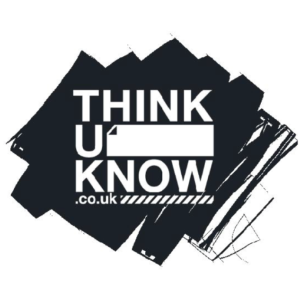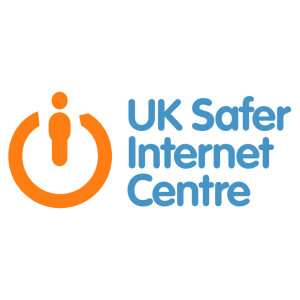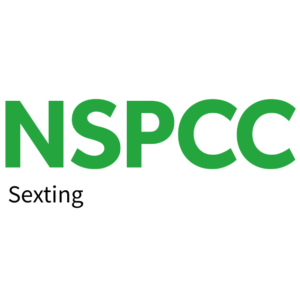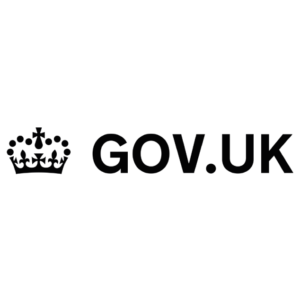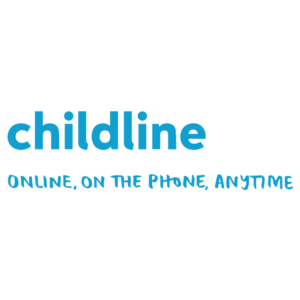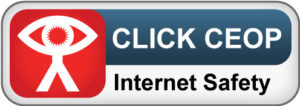Summary
As part of The B2W Group, protecting and safeguarding our learners is really important to us.
If you have concerns about your own well-being or safety, or need advice then please contact our Safeguarding team immediately.
Safeguarding covers:
- Protecting all learners from harm, regardless of their age, gender, religion or ethnicity.
- Promoting our learners’ health and development.
- Taking action to ensure all of our learners are kept safe.
- Preventing harm to learners including harm such as abuse and bullying.
- Preventing learners being drawn into terrorism and being radicalised.
- Ensuring learners are in a safe environment.
The ECTA Safeguarding Policy covers:
- Modern slavery and sexual exploitation.
- Harm and abuse.
- Protecting vulnerable learners.
- ECTA’s responsibilities in safeguarding learners.
- Reporting concerns and dealing with disclosures.
- Safer recruitment.
- Modern slavery.
- Child Sexual Exploitation (CSE).
- The Prevent duty.
Meet the Team
Contact our Safeguarding team:
0161 474 7603
24-Safeguarding
You should report all Safeguarding concerns immediately by emailing:
Alternatively, if you are concerned about exploitation or online abuse, or are worried about someone else, you can click on the ‘report abuse’ button on this page which will take you to the CEOP page (child exploitation and online protection centre).
Staying Safe Online
If you’d like to find out more about staying safe online, visit the websites below:
